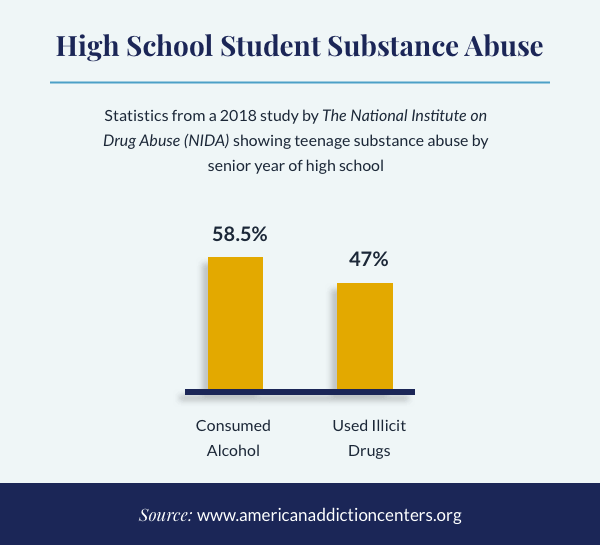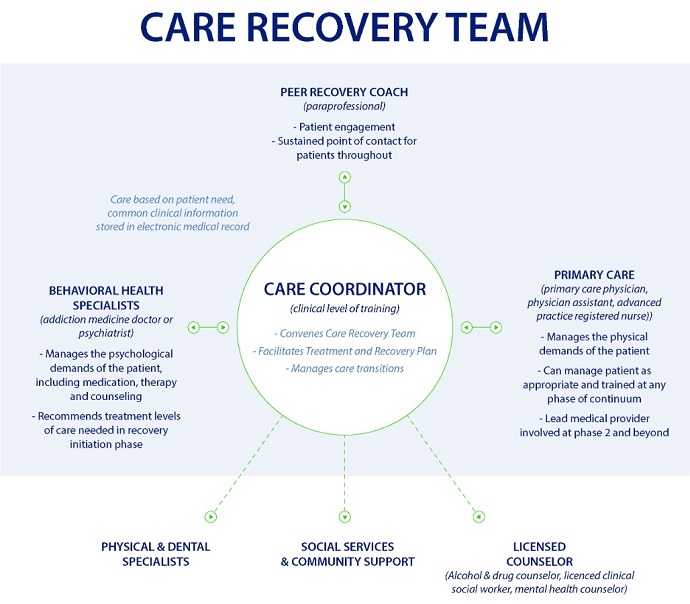Table of ContentsThe Buzz on What Is Alcoholism? - Learn About An Alcohol AddictionThe Definitive Guide to What Is Alcoholism? Find Alcohol Addiction TreatmentWhat Is An Alcoholic? How To Treat Alcoholism - The Facts
SOURCES: Mayo Center: "Nutrition and healthy consuming: Alcohol: If you drink, keep it moderate." American Psychological Association: "Comprehending alcohol usage disorders and their treatment." American Household Physician: "Alcoholic Abuse: How to Acknowledge Issue Drinking." National Institute of Alcohol Abuse and Alcoholism: "Alcohol Use Condition," "Alcohol Usage Condition: A Comparison In Between DSMIV and DSM5." University of North Carolina at Chapel Hill Bowles Center for Alcohol Studies: "Alcohol Addiction and Alcoholic Abuse." CDC: "Alcohol and Public Health." American Academy of Household Physicians: "Alcohol Abuse.".

'Dependency' implies having a reliance on a substance or activity. Unlike someone who merely 'desires' something, a person with an addiction will have physical cravings and urges for the substance they're addicted to. Being addicted to alcohol, often called being an alcoholic, means that you have a physical dependence on alcohol. When you consume heavily, your body gets used to the alcohol and experiences withdrawal signs if it's eliminated. Withdrawal signs include: Anxiety or jumpinessShakiness or tremblingSweatingNausea and vomitingInsomniaDepressionIrritabilityFatigueLoss of appetiteHeadacheIn serious cases, withdrawal from alcohol can likewise include hallucinations, confusion, seizures, fever, and agitation. These signs can be harmful, so talk with your physician if you are a problem drinker and wish to stop.
You have a persistent desire to reduce or stop your alcohol use, but your efforts to give up have been not successful. You're spending less time on activities that used to be important to you (hanging out with friends and family, going to the fitness center, pursuing your pastimes) because of your alcohol usage.
You have couple of if any interests or social participations that do not focus on drinking. For example, you recognize that your alcohol usage is harming your marriage, making your anxiety worse, or triggering health issue, but you continue to drink anyway. what causes addiction to alcohol. Rejection is one of the most significant barriers to getting help for alcohol abuse and alcohol addiction.
By keeping you from looking truthfully at your behavior and its negative results, rejection likewise exacerbates alcohol-related issues with work, finances, and relationships. Considerably underestimating how much you drinkDownplaying the negative consequences of your drinkingComplaining that household and pals are overemphasizing the problemBlaming your drinking or drinking-related problems on othersFor example, you might blame an 'unreasonable manager' for difficulty at work or a 'unpleasant other half' for your marital concerns, rather than think of how your drinking is contributing to the problem.
8 Simple Techniques For Why Is Alcohol So Addictive? - Michael's House
If you find yourself rationalizing your drinking routines, lying about them, or declining to go over the subject, take a minute to think about why you're so defensive. If you genuinely believe that you do not have an issue, you should not have a reason to cover your drinking or make reasons. Five myths about alcoholism and alcohol abuse Perhaps you can; most likely, you can't.
The truth is, you do not wish to stop. Telling yourself you can stop makes you feel in control, regardless of all evidence to the contrary and no matter the damage it's causing. It holds true that the choice to stop drinking depends on you. However you are deceiving yourself if you believe that your drinking harms no one else but you.
Your problem is their problem. Alcoholism is NOT defined by what you drink, Click to find out more when you drink it, or even how much you drink. It's the RESULTS of your drinking that specify an issue. If your drinking is triggering problems in your house or work life, you have a drinking problemwhether you consume daily or just on the weekends, down shots of tequila or stick to white wine, drink 3 bottles of beers a day or three bottles of bourbon.
Numerous alcoholics have the ability to hold down tasks, get through school, and offer their families. Some are even able to stand out. However even if you're a high-functioning alcoholic does not imply you're not putting yourself or others in danger. In time, the results will capture up with you. http://hectorirgd454.image-perth.org/statistics-how-many-gert-treatment-for-addiction Alcohol is a drug, and alcoholism is every bit as destructive as drug dependency.
Alcoholics go through physical withdrawal when they stop consuming, similar to drug users experience when they stop. Alcohol addiction and alcohol abuse can impact all aspects of your life. Long-lasting alcohol use can cause serious health problems, impacting practically every organ in your body, including your brain. Problem drinking can likewise harm your psychological stability, finances, profession, and your ability to develop and sustain gratifying relationships.
3 Easy Facts About What Is Alcohol Addiction? - Alcohol Addiction Definition ... Explained
Despite the possibly deadly damage that heavy drinking causes on the bodyincluding cancer, heart issues, and liver diseasethe social repercussions can be just as devastating. Alcoholics and alcohol abusers are much more most likely to get separated, have issues with domestic violence, struggle with joblessness, and live in hardship. But even if you're able to prosper at work or hold your marital relationship together, you can't escape the results that alcoholism and alcohol abuse have on your personal relationships.

Often, relative and buddies feel obliged to cover for the person with the drinking issue. So they take on the problem of tidying up your messes, lying for you, or working more to make ends fulfill. Pretending that nothing is wrong and hiding away all of their worries and bitterness can take a massive toll.
If you're ready to confess you have a drinking issue, you have actually already taken the initial step. It takes significant strength and nerve to face alcoholic abuse and alcoholism head on. Reaching out for support is the second step. Whether you pick to go to rehab, count on self-help programs, get therapy, or take a self-directed treatment technique, assistance is necessary.
Without assistance, it's easy to fall back into old patterns when the road gets hard. Your continuous healing depends on continuing psychological health treatment, finding out much healthier coping strategies, and making much better choices when dealing with life's obstacles. In order to remain alcohol-free for the long term, you'll also have to deal with the underlying problems that resulted in your alcoholism or alcoholic abuse in the very first location.
Such issues might become more prominent when you're no longer using alcohol to cover them up. But you will be in a much healthier position to lastly resolve them and look for the aid you need.Admitting a liked one has a problem with alcohol can be unpleasant for the entire family, not simply the individual drinking.